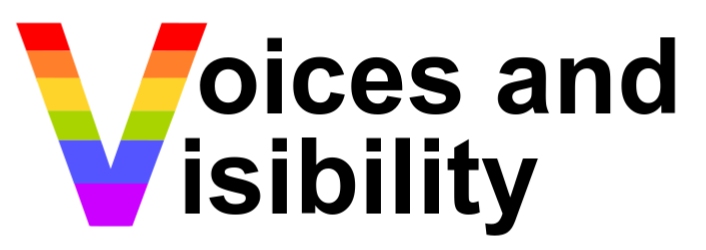Gender Recognition
What does the Act recognise?
The UK Gender Recognition Act 2004 allows people over eighteen to get legal recognition for the gender in which they live.
At the time, the Gender Recognition Act was a very progressive law. The UK was a leader in trans equality. The Act says that no medical or surgical procedures are required for gender recognition. Many countries do not provide any legal gender recognition. Some countries require compulsory sterilisation as a condition for gender recognition.
How was gender recognition achieved?
Like many other UK LGBT equality laws, it happened because one person took their own case to court. Christine Goodwin took the UK government to court in the UK and then to the European Court of Human Rights.
How do you get a gender recognition certificate?
Applications are considered by the Gender Recognition Panel. To change your gender status you have to provide evidence of a diagnosis of persistent gender dysphoria. You must say that you intend to live in the new role for the rest of your life. You must provide documentary evidence that you have lived in your gender for the last two years. .
Once a person receives a Gender Recognition Certificate (GRC), they are legally of that gender for every purpose. They have all the rights and responsibilities associated with that gender. The GRC can be used to obtain a new birth certificate. Between 2004 and 2019 more than 2,400 Gender Recognition Certificates were issued.
Has the GRA been updated?
The UK model now looks out of date, complicated and undignified. Under 18s, intersex and non-binary people cannot get legal recognition for the gender in which they live. In some countries legal gender recognition is no longer a medical process. It is a more simple process of self-declaration.
In 2018 consultations on reform of the Gender Recognition Act in England and Wales and in Scotland. Due to some interventions and protests the findings from these consultations have been shelved. Scotland launched a consultation about Gender Recognition Reform which closed in March 2020.
You can read more about the fight for Gender Recognition in the story of Christine Burns in the Personality Dateline.
